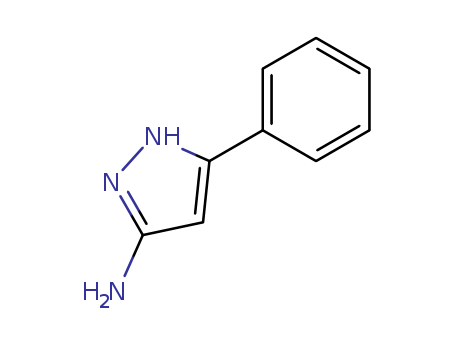10.1016/j.bmc.2009.03.013
This research aims to develop small-molecule inhibitors against botulinum neurotoxin serotype A (BoNT/A), a highly toxic substance that causes botulism and poses a significant threat due to its potential use in bioterrorism. The study focuses on designing mercaptoacetamide analogs that can inhibit the zinc-dependent metalloprotease activity of BoNT/A, which is responsible for cleaving proteins involved in neurotransmitter release, leading to paralysis. The researchers synthesized a series of 2-mercaptoacetamide analogs based on a 5-amino-3-phenylpyrazole scaffold and investigated their structure–activity relationships. Key findings include the critical role of the sulfur atom in the mercaptoacetamide for inhibitory activity and the influence of substituents on the phenyl ring, with electron-withdrawing groups like chlorine and trifluoromethyl showing enhanced potency. The most active analogs, such as 12a (4-chloro) and 12d (4-trifluoromethyl), demonstrated low micromolar inhibitory activity against BoNT/A. These mercaptoacetamide inhibitors not only showed equipotency with previously reported hydroxamic acid inhibitors but also exhibited better cellular activity, suggesting they could prevent SNARE cleavage in neuronal cells without pre-incubation with the toxin. The study concludes that these novel mercaptoacetamide-based inhibitors are promising lead structures for further development into therapeutic agents against botulinum intoxication.



 Xi
Xi


